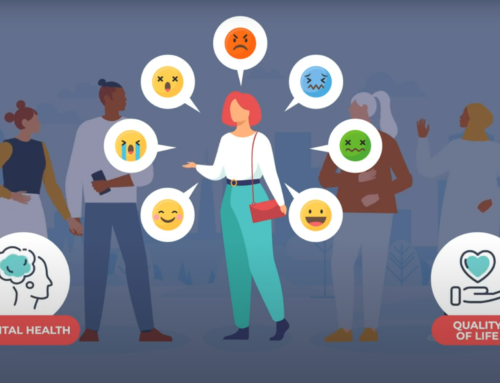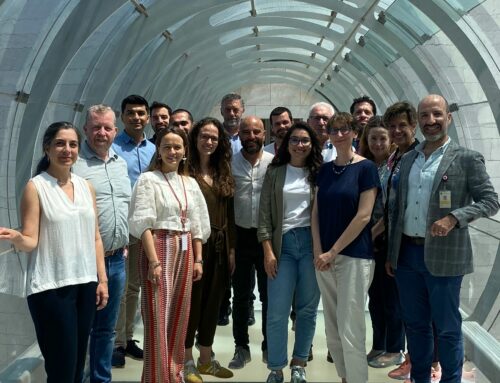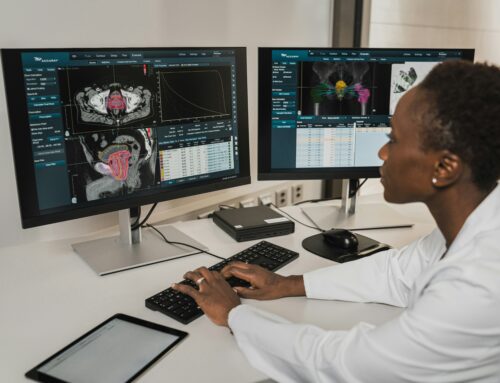Using all the tools to fight cancer
Sometimes, it’s the seemingly little things that can make navigating a cancer diagnosis and its treatment more tolerable. In fact, those “little” things can be a big deal to patients struggling with side effects from traditional cancer therapies. Therefore, Integrative Oncology seeks to offer patients tools to face cancer with approaches that address mind, body, and spirit and offer welcome relief.
“Integrative Oncology is really about looking and thinking about the whole person when they’re in the midst of a cancer journey,” says Lanie Francis, MD, lead medical oncologist, Wellness and Integrative Oncology Program at UPMC Hillman Cancer Center in Pittsburgh. “We work with patients to integrate things like movement, touch, nutrition, and mindfulness in a safe and supervised way.”
Dr. Francis’ Pittsburgh program establishes a partnership between patients and their oncology team and provides patients with individualized care plans. Of course, all of the program’s recommendations are symptom-driven and evidence-based.
A devastating diagnosis
“Being diagnosed with Stage IV colon cancer on my 44th birthday was the worst day of my life,” says Stacy Hurt, cancer survivor. “I was so afraid that I was going to be sick in bed all the time. I wanted to find ways to do whatever I could to maintain quality of life in between my treatments.”
Overall, Integrative Oncology ended up being a key component in Hurt’s lengthy road to beating cancer. In particular, it helped her combat neuropathy, a common chemotherapy side effect marked by numbness and tingling in the hands and feet.
“Neuropathy has been the number one worst side effect of my treatment”, continues Hurt. “I was able to work with Dr. Francis to find ways to incorporate acupuncture, massage, and yoga to better manage it.”
Treating cancer: mind, body, and spirit
Meditation, aromatherapy, acupuncture, yoga, and lifestyle nutrition, along with other holistic approaches to medicine, can deliver hope, healing, and complement traditional treatments like chemotherapy, radiation, and surgery. The latter, in fact, have the potential to take a significant toll on patients battling cancer.
Integrative Oncology choses therapies shown to be most effective in helping patients manage side effects of cancer and its treatment. Such common side effects can include, for example, nausea and vomiting, fatigue, insomnia, anxiety and depression, pain, and neuropathy.
“There’s a lot of research on how specific modalities can impact specific symptoms,” says Dr. Francis. “The research reflects what we’ve seen and know to be true, which is that these therapies and practices really are a wonderful adjunct to traditional care.”
“I’m proof that these treatments work,” says Hurt. “I believe they’ve enhanced the effectiveness of the chemotherapy and helped me maintain balance in my life. For me, they’ve made all the difference.”
Through the FAITH project, the team of oncologists at UPMC Hillman Cancer Centre at UPMC Whitfield Hospital also support a holistic approach to cancer care and survivorship. They are currently working with the FAITH consortium to develop a tool that will monitor quality of life measures, and alert a patient’s care team should follow up be necessary.
Reviewed by the UPMC Hillman Cancer Center.




